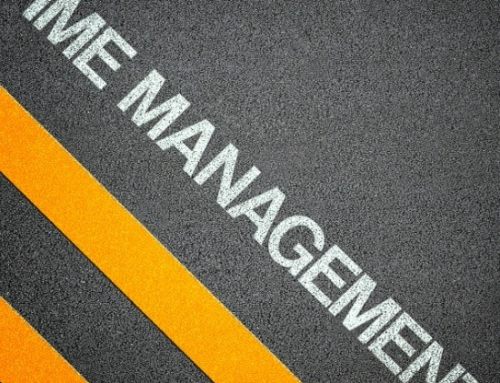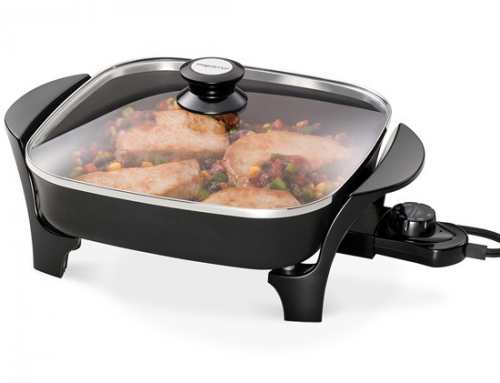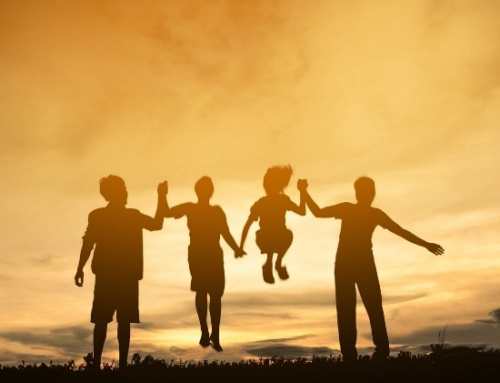 Sleep apnea is a rather serious sleep disorder that happens when a person’s breathing is interrupted when they sleep. When left untreated, a person can potentially stop breathing hundreds of times throughout the night. The result is the brain, along with the rest of the body, may not receive enough oxygen during these moments.
Sleep apnea is a rather serious sleep disorder that happens when a person’s breathing is interrupted when they sleep. When left untreated, a person can potentially stop breathing hundreds of times throughout the night. The result is the brain, along with the rest of the body, may not receive enough oxygen during these moments.
Are You at Risk for Sleep Apnea?
Sleep apnea can affect anyone at any age, even children. Risk factors for sleep apnea include:
- Being male
- Being overweight
- Being over age 40
- Having a large neck size (17 inches or greater in men and 16 inches or greater in women)
- Having large tonsils, a large tongue, or a small jaw bone
- Having a family history of sleep apnea
- Gastroesophageal reflux, or GERD
- Nasal obstruction due to a deviated septum, allergies, or sinus problems
Signs and Symptoms of Sleep Apnea
Loud Snoring
Loud, pronounced snoring is the most common symptoms of sleep apnea. Now, it’s more than just the annoying snoring that keeps your partner awake at night. Loud snorting and choking sounds, as well as the sound of gasping for breath, are the key indicators of sleep apnea.
Interrupted Breathing
Suffers’ of sleep apnea literally stop breathing while they sleep. Most suffers’ have no idea that this is happening to them. You may wake up during the night feeling a shortness of breath and remain tired the following day.
Feeling Tired During the Day
When your body is prevented from reaching all of the sleep cycles it needs, you will feel tired and lethargic the next day.
Insomnia
Insomnia is the habitual inability to fall asleep and stay asleep. The consent stopping and starting of breathing can be very jarring for the boy, making it impossible to reach the deep level of sleep your body needs to feel rested.
Mood
If you’re not getting a proper night’s rest – you are going to be cranky. A person who can’t sleep will find it difficult to concentrate, become irritable experience confusion and forgetfulness.
Dry Mouth
Is a more common symptom of sleep apnea. Waking in the morning with dry lips, mouth and a sour throat is a result of poor saliva production which occurs because your mouth is open all night.
Night-time Urination
The older we get, the more it happens – having to wake in the night to urinate. As a healthy adult, we should be able to go between 6 and 8 hours while sleeping without having to use the washroom. Suffers’ of sleep apnea may be going more frequently
Restless Sleep
Tossing and turning is often the physical manifestation of restless sleep. Your body can and does subconsciously keep you from falling asleep because it knows the inherent dangers associated with it. Restless sleep will result in fatigue and moodiness during the day.
Poor Libido
Nobody can be at the top of their game when they aren’t getting enough sleep. Either the body is unable to function as desired or your brain is trying to conserve energy anyway it can.
Headaches
Migraine-like headaches usually occur in the morning. They cause sensitivity to light and sound and come with a constant throbbing pressure in the head.
The Effects of Sleep Apnea
If left untreated, sleep apnea can result in a growing number of health problems, including:
- High blood pressure
- Stroke
- Heart failure, irregular heartbeats, and heart attacks
- Diabetes
- Depression
- Worsening of ADHD
- Headaches
Getting Help
Sleep apnea can be difficult to diagnose, but if left untreated, poses serious medical complications. If you are suffering from a combination of these symptoms and have a combination of the listed risk factors, you should seek advice from your doctor.





